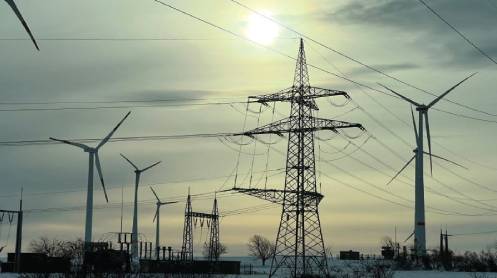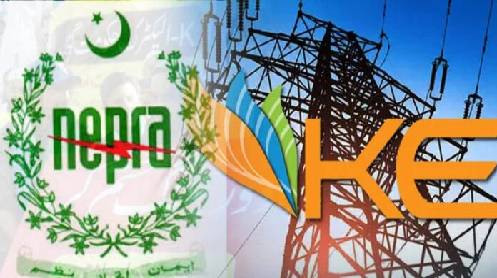KARACHI: In May 2024, Pakistan’s power sector recorded its first increase in electricity production in seven months, rising by 3% year-on-year to 12,617 gigawatt hours (GWh). This growth was accompanied by a notable 10% reduction in fuel costs, largely due to a surge in hydel generation, which has zero fuel cost.
Despite the reduction in fuel costs, electricity distribution companies (DISCOs) are seeking a tariff increase of Rs3.41 per unit under the fuel charges adjustment (FCA) mechanism, attributing this to higher capacity charges amid lower-than-projected power consumption.
Month-on-month, power generation jumped by 46%, driven by increased household demand due to intense heat, boosted industrial activities, and improved hydroelectric power plant output. Topline Research reported that the fuel cost per unit decreased to Rs8.7 in May 2024, a drop of 10% year-on-year and 5% month-on-month.
In the first 11 months of fiscal year 2023-24, the cumulative fuel cost fell by 5% to Rs8.8 per unit. However, this cost was still above the reference cost of Rs5.71 per kilowatt-hour (kWh) for May, leading DISCOs to request an FCA of Rs3.41/kWh, which might be reflected in July bills.
The National Electric Power Regulatory Authority (NEPRA) will hold a public hearing on DISCOs’ FCA demand on June 28, 2024. The actual power generation in May 2024 was 11.3% lower than projected, which is expected to result in higher capacity charges for the second quarter of fiscal year 2025.
The increase in power production was driven by higher outputs from hydel plants, particularly Tarbela, and nuclear power plants. Hydel generation rose to 3,906 GWh in May 2024 from 3,312 GWh in May 2023, and nuclear power generation increased to 2,360 GWh from 1,543 GWh, as the K-3 plant was operational this year.
Looking ahead, power generation is expected to rise in June 2024 due to higher seasonal demand. However, fuel costs may increase following reports that the Neelum Jhelum hydropower plant will remain offline for 18 to 24 months due to significant issues with its headrace tunnel pressure.
Additionally, a Chinese coal-fired power plant (CPHGC) resumed operations after a five-month hiatus, contributing 9% to power generation in May 2024. Furnace oil-based plants also saw utilization after a gap of four months due to higher summer demand. Utilization rates for Nishat Power, Kohinoor Energy, and Nishat Chunian Power increased, leading to fuel savings.
In contrast, Pakgen Power and Lalpir Power generated no electricity, reducing fuel losses, and NEL and Hub base plants remained unutilized.
Story by Salman Siddiqui







